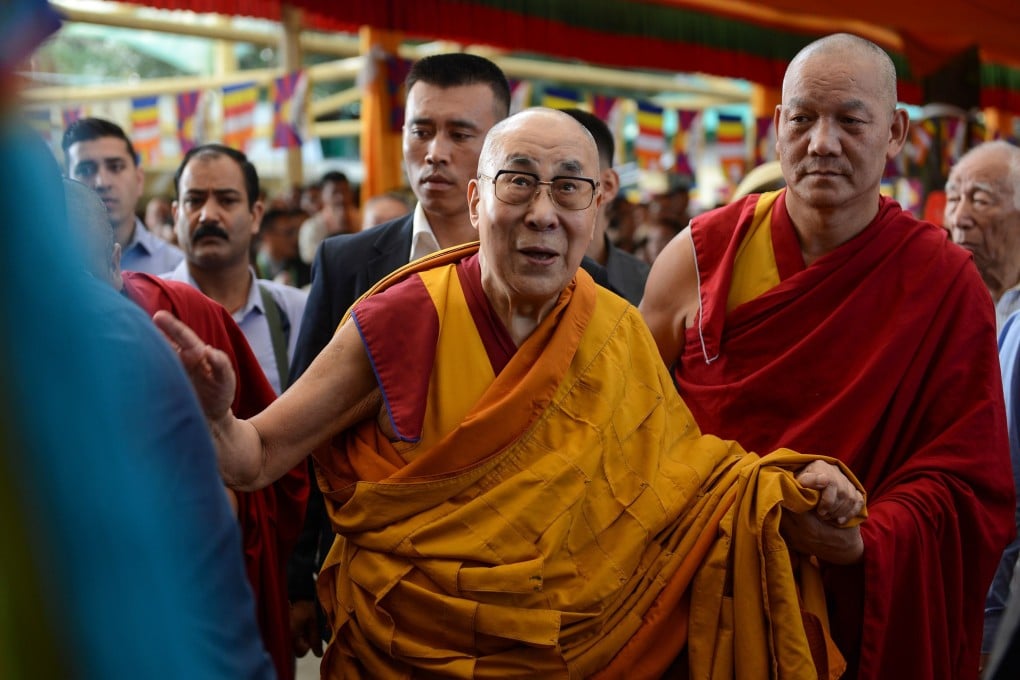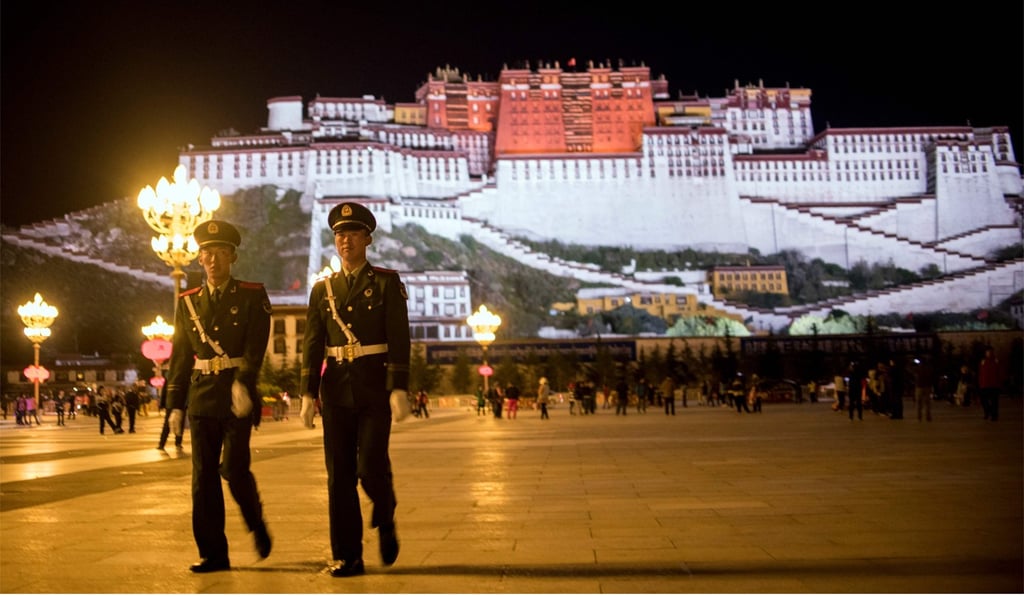Advertisement
United States wants United Nations to take up Dalai Lama succession issue, envoy says
- Choice of next spiritual chief ‘belongs to the Tibetan Buddhists and not the Chinese government’, says Sam Brownback, US ambassador-at-large for international religious freedom
- ‘I would hope that the UN would take the issue up’, envoy says
Reading Time:2 minutes
Why you can trust SCMP

The United States wants the United Nations to take up the Dalai Lama’s succession in an intensifying bid to stop China from trying to handpick his successor, an envoy said after meeting the Tibetan spiritual leader.
Sam Brownback, the US ambassador-at-large for international religious freedom, said he spoke at length about the succession issue with the 84-year-old Dalai Lama last week in the monk’s home-in-exile of Dharamsala, India.
Brownback said he told the Dalai Lama that the US would seek to build global support for the principle that the choice of the next spiritual chief “belongs to the Tibetan Buddhists and not the Chinese government”.
Advertisement
“I would hope that the UN would take the issue up,” he said.

Advertisement
He acknowledged that China, with its veto power on the Security Council, would work strenuously to block any action, but he hoped countries could at least raise their voices at the United Nations.
“I think it’s really important to have an early global conversation because this is a global figure with a global impact,” he said.
Advertisement
Select Voice
Choose your listening speed
Get through articles 2x faster
1.25x
250 WPM
Slow
Average
Fast
1.25x